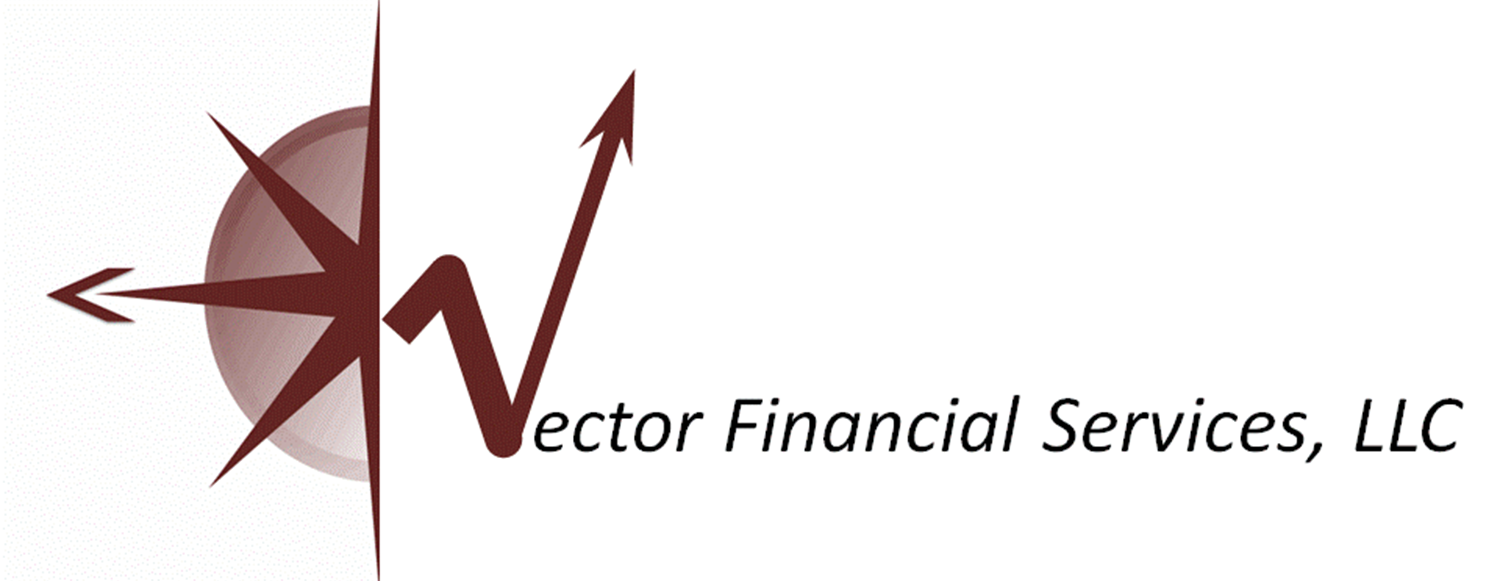Understanding the SECURE 2.0 Act: Impact on Employer-Sponsored 401(k) Plans
The recent enactment of the SECURE Act 2.0 has brought forth substantial changes that directly impact employer-sponsored 401(k) plans. You might be wondering how these changes will affect your current plan and what adjustments you need to consider. Let’s break down the key modifications that are set to unfold in the coming years.
Expansion of Eligibility for Part-Time Workers
One notable change revolves around part-time workers. Under the SECURE 2.0 Act, individuals working 500-999 hours annually for two consecutive years will now be eligible to participate in a company's 401(k) plan. This expanded eligibility aims to provide greater access to retirement benefits for a broader spectrum of employees.
Enhanced Support for Small Businesses
Starting in 2023, small businesses will receive increased support through a credit that covers up to 100% of the expenses associated with establishing a retirement plan. This provision aims to incentivize small enterprises to provide retirement benefits for their employees, fostering a more secure financial future.
Choice in Contribution Allocation
Another significant change allows employers to offer their employees the option of receiving vested matching contributions in Roth accounts. This flexibility empowers employees to tailor their retirement savings strategies to align with their financial goals and preferences.
Automatic Enrollment Mandate
By 2025, a pivotal change will mandate employers to automatically enroll employees in 401(k) and 403(b) plans. Exceptions exist for smaller businesses (those with less than ten employees), churches, and governmental plans. This step aims to bolster retirement savings by encouraging increased participation among employees.
These changes bring both opportunities and considerations for employers managing 401(k) plans. As these alterations may necessitate adjustments in your existing plan structures, it's crucial to navigate them effectively to ensure compliance and optimize benefits for your workforce.
Should you have any queries or require assistance in understanding and implementing adjustments in light of these new legislative changes, our team is here to help. We welcome the opportunity to discuss these changes, evaluate your plan, and ensure it aligns with the updated regulations.
Remember, staying informed and proactive is key to navigating these changes seamlessly.


All Rights Reserved | Privacy Policy | Terms of Use | Powered by Levitate
